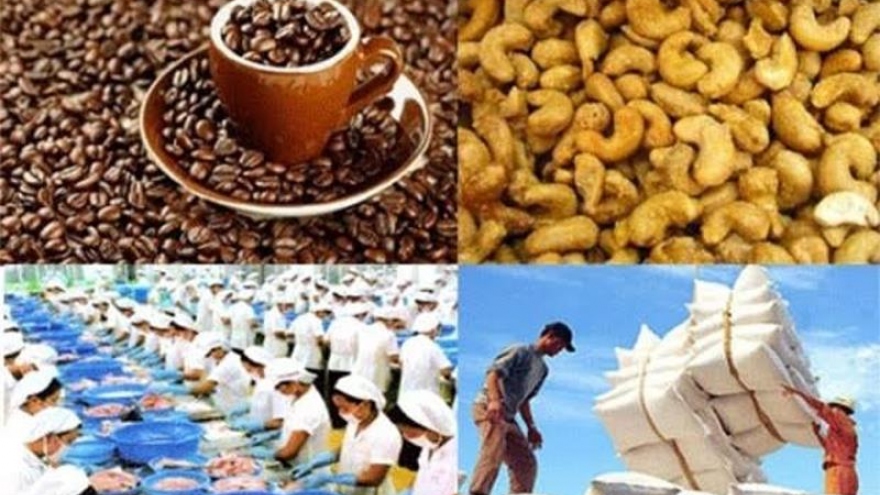Vietnam’s textile & garment industry expect big benefits from EVFTA
Once the EU-Vietnam FTA (EVFTA) is signed and the tariff is cut to zero percent, textile and garment exports to the market may obtain 7-8% growth rate per annum, experts say.
 |
Vo Van Kien Nhan from Viet Tien Garment JSC said he is looking forward to the signing of EVFTA and puts high hopes on the agreement, though he anticipates serious competition from foreign brands such as Zara and H&M.
The preparations for the signing of EVFTA are nearly completed. Deputy PM Vuong Dinh Hue said at a recent event that only some technical issues need to be fixed.
“I believe that with goodwill on both sides, the issues will be settled before the summer so that the agreement can be inked,” he said.
In 2017, Vietnam exported US$31.16 billion worth of textiles and garments, an increase of 10.23% compared with the year before. Of this, exports to the EU brought US$3.79 billion, up by 6.3%, according to the General Statistics Office (GSO).
Vitas’ chair Vu Duc Giang said the target of US$36 billion worth of exports this year is within reach thanks to the FTAs.
The EU, the second largest export market for Vietnam, is expected to help the country’s textile and garment industry grow well in 2018.
The belief in the high export growth rate from the EU is consolidated by optimistic forecasts about the EU economy. The International Monetary Fund (IMF) predicts a 2.2% GDP growth rate for the EU this year.
Rong Viet Securities, in its latest report, also affirmed that in the context of the world’s stable economic growth, especially in the EU, the shock to Vietnamese enterprises caused by the sharp fall orders in 2016 will not occur again.
A research team from Rong Viet emphasized the big benefits of EVFTA in the immediate time, saying that Vietnam will also enjoy benefits from CPTPP, but it will take time to enter new markets in CPTPP.
Also according to Rong Viet, the enterprises which have a large proportion of revenue from the EU will see a sharper increase in the number of orders than other companies.
These enterprises include Sai Gon Production, Trade & Garment JSC which has 32% of revenue from the EU, TNG Investment & Trade JSC (21%), Garment Company 10 (36%) and Viet Tien Garment Corporation (18%).
However, experts warned that it would be not easy to take full advantage of the opportunities brought by EVFTA.
Nguyen Thi Thu Trang, director of the WTO and Integration Studies Center, said the requirements on production, packaging and labeling will be technical barriers for Vietnam’s exports.


